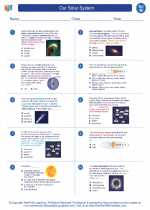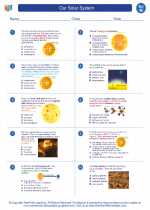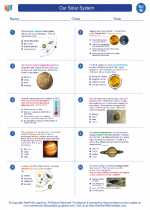Calculus
Calculus is a branch of mathematics that deals with the study of rates of change and accumulation. It has two main branches: differential calculus, which concerns the study of rates of change and slopes of curves, and integral calculus, which deals with the accumulation of quantities and the computation of areas and volumes.
Differential Calculus
Differential calculus focuses on the concept of derivatives, which represent the rate of change of a function at a particular point. The derivative of a function f(x) with respect to x is denoted as f'(x) or dy/dx, and it describes how the function changes as its input (x) changes.
Integral Calculus
Integral calculus is concerned with the concept of integrals, which represent the accumulation of quantities over a given interval. The integral of a function f(x) with respect to x is denoted as ∫f(x)dx, and it can be interpreted as the area under the curve of the function over the given interval.
Key Concepts in Calculus
- Derivatives and Rates of Change
- Rules of Differentiation (e.g., power rule, product rule, chain rule)
- Applications of Derivatives (e.g., optimization, related rates, curve sketching)
- Integration and Accumulation
- Techniques of Integration (e.g., substitution, integration by parts)
- Applications of Integrals (e.g., area under a curve, volume of a solid, work and fluid problems)
Study Guide
To effectively study calculus, it is important to grasp the foundational concepts and then practice applying those concepts to solve problems. Here are some key steps to follow when studying calculus:
- Understand the concept of limits and continuity, as they form the basis of calculus.
- Master the rules of differentiation and practice finding derivatives of various functions.
- Learn the different techniques of integration and become proficient at evaluating integrals.
- Practice solving problems that involve applications of derivatives and integrals, such as optimization and area/volume computations.
- Review and reinforce your understanding by working through example problems and seeking clarification on any challenging concepts.
By following these steps and dedicating time to practice problems, you can build a solid foundation in calculus and develop the skills needed to tackle more advanced topics in mathematics and science.
.◂Science Worksheets and Study Guides Eighth Grade. Our Solar System

 Worksheet/Answer key
Worksheet/Answer key
 Worksheet/Answer key
Worksheet/Answer key
